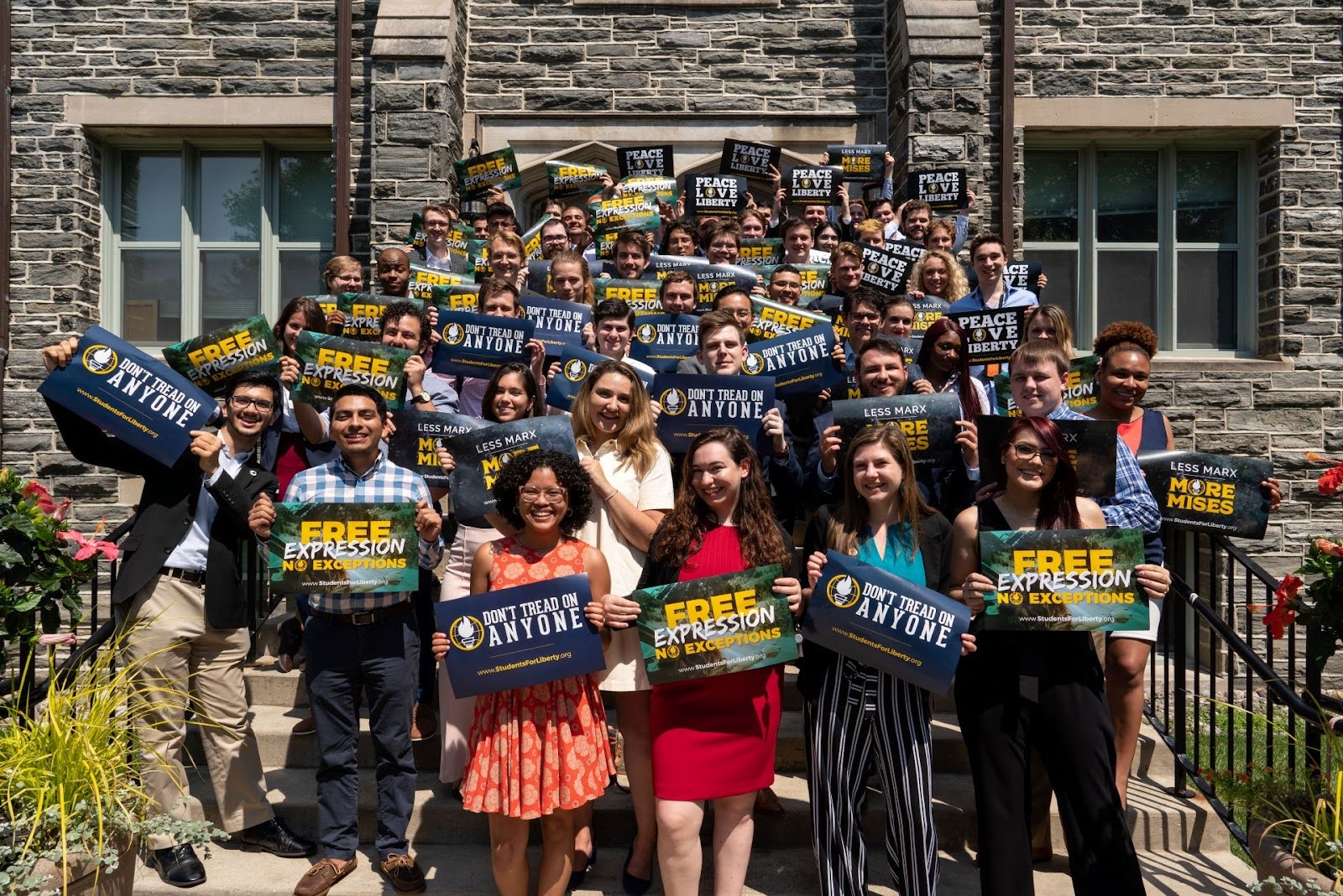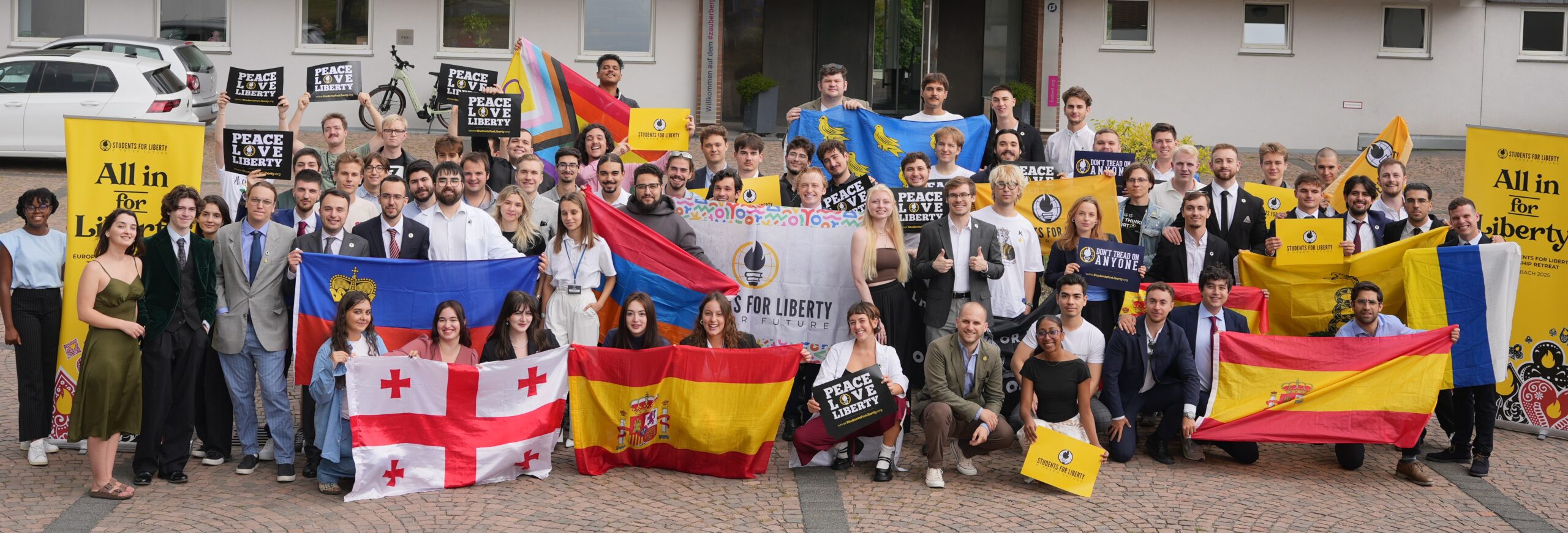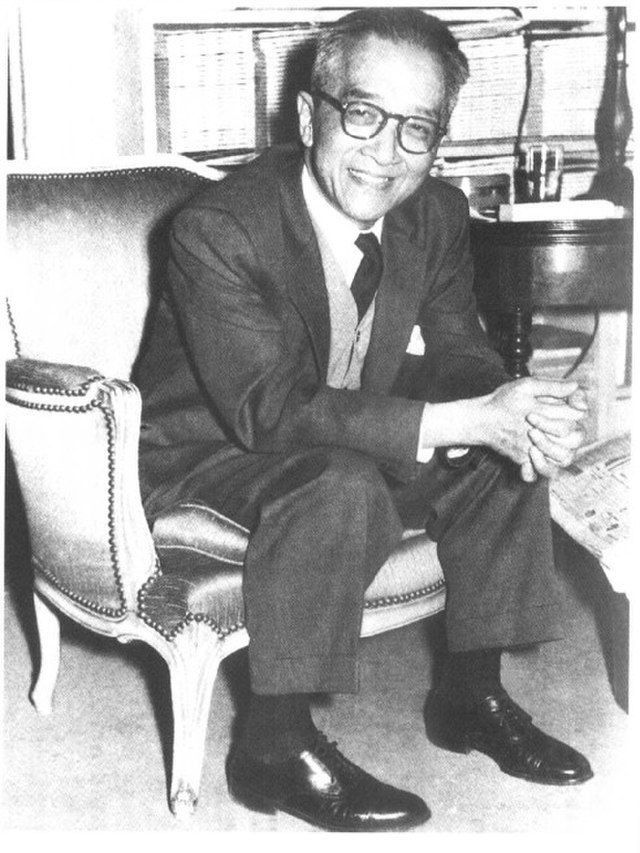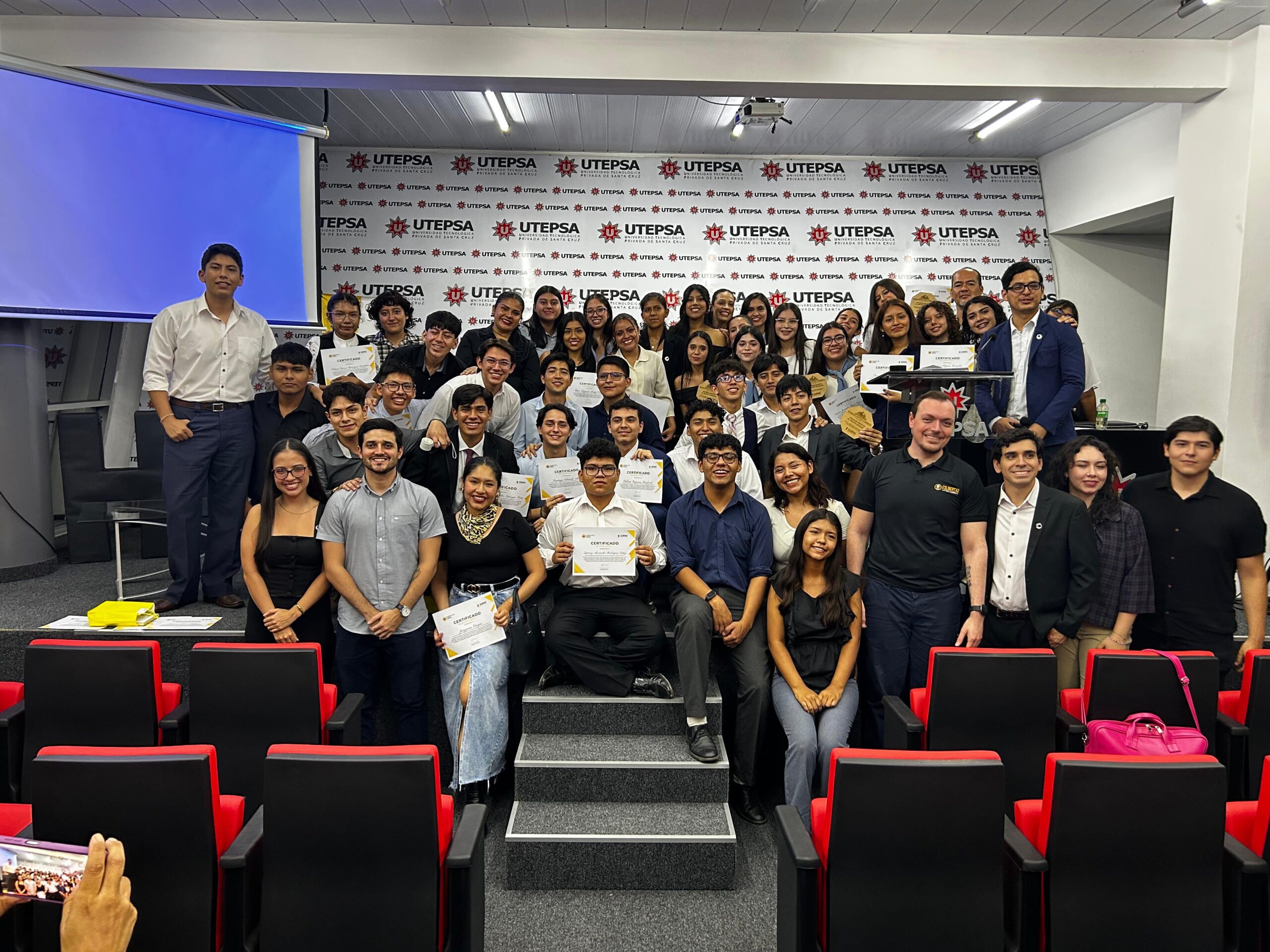This past summer at the SFL North American Top Leadership Retreat, a relatively new Local Coordinator asked me what I have done to deserve being tapped to head a new program in the organization. The question, although a little pointed, was understandable.
It was clear there was a generational gap, she was viewing contributions to SFL through the lens of an undergraduate chapter leader where activism and recruitment is essential. I was approaching the question as a law student who had been an SFL leader since college (roughly 5.5 years now). I believed my professional accomplishments and management skills made me fit for the job, although it was fair to say I had not organized any SFL activities for a while.
Of course, I’ve done my fair share of recruiting and activism during my days in undergrad, especially as North East Regional Coordinator, roughly 3 years ago. But that got me thinking, what is the connection between my involvement in SFL and my professional achievements, especially given that my career trajectory is heading towards an office environment (like most students in SFL), not rolling around a free speech ball or running student programs?
Of course, when you’re just starting out and don’t have much experience, SFL can be a great resume builder. But I’m thinking about when you get to the point where SFL doesn’t even appear on your resume beyond just a two word reference in the “college activities section.”
At this point in my life, do I still think it was worth my time to have dedicated the countless hours, thought, and labor I gave SFL or could I have dedicated a little more time to career oriented activities? Maybe I could have studied a little more, made more friends, learned more things, or done literally anything else if I wasn’t traveling the country or starting a student-led think tank on campus.
My answer is that it was absolutely worth it, because even if my experience is not directly career related, it formed the core of who I am today as a professional and a leader. I will give three primary ways how:
1. Sharpening and Hardening Yourself
Being able to work hard, effectively, under pressure, and for long hours is a trait that is developed over time. As a law student, and published author at the age of 25, holding multiple research fellowships and internships, I’m having a ton of fun and I feel like I’m making an impact at a young age, but it’s a lot of work, and I wasn’t always like this.
I’ve always considered myself a hard worker but it was my time as Northeast Regional Coordinator that took my work ethic to where it is today. I had plenty of extracurricular activities in undergrad but nothing like the responsibilities that were given to me by SFL.
Holding regional conferences, communicating with a portfolio of leaders at different schools to coordinate growth strategies, and being the president of my own school’s chapter pushed my limits beyond what I thought I was capable of. The work ethic and calmness under pressure that helps me in the workplace today, would not exist without first taking on the challenges SFL threw my way.
2. Being Comfortable Being Entrepreneurial and Realizing Your Potential
Being an entrepreneur doesn’t just mean starting a business. It could mean leading a new initiative at work, selling a new idea to the public, or otherwise doing anything that requires you to confidently say that your original thought is worth considering. It can be both confusing, in that you have to build everything from scratch and frightening in that the risk of failure is far higher than just being a component of an established institution. Indeed, being the leader of a project or the originator of an idea can be lonely in the sense that the responsibilities all fall on your shoulders.
Because SFL has such a high turnover rate, with the best and brightest leaders graduating out of the program every year, the chances are that if you have the potential to be a great leader in the organization, that responsibility will be presented to you.
I have seen my fair share of people, myself included, get tossed into positions of leadership they never thought they would ever experience and be told to swim. In my case, that was having to lead an entire region, host conferences, and create my own on-campus think tank. Once you’ve conquered the challenges being an SFL leader throws at you, everything else seems much simpler. And even if you are faced with a daunting task in the future, you’re already comfortable dealing with uncertainty.
3. Being Inspired With a Purpose
A huge part of succeeding professionally is believing what you are doing has purpose. I would submit that having a sense of purpose also comes from a level of self confidence and inspiration that makes you believe that you are capable of great things.
Whether it’s fighting for the free speech rights of your fellow students to becoming an investment banker or a corporate lawyer, you do best when there is a spark that motivates you. Working alongside leaders in SFL, who are doing so many incredible things at such a young age is one sure way to feel empowered.
I always considered myself a motivated person, but going to my first LibertyCon in 2019 and meeting student leaders from around the world showed me that I could push myself further. Seeing the Student of the Year nominees, some of whom risk their lives to spread liberal ideas in areas where freedom is only a distant dream, made me “change the world” motivated.
It made me want to do more than just be a school chapter president and it inspired me to seek a larger leadership role in the liberty movement. And if there was some sort of poetic narrative to my life, I am a finalist for Student of the Year at LibertyCon 2024, my last conference as a student. For context, I came from a comfortable, quiet suburb in Los Angeles where my friends strove to work hard to continue a cycle of stable living. SFL exposed me to people who want to be something more.
Closing Thoughts
I’m not sure if there are any jobs that resemble being a Regional Coordinator for SFL, certainly not the roles I’m looking for which are predominantly desk jobs in law and policy. Sometimes I ask myself whether I should have spent a little less time focused on SFL in undergrad and a little more time focused on forming the foundation for my career.
The answer is no. And not just because I’m doing something different than what I had imagined 5 years ago (which makes developing universally helpful traits even more helpful). It’s because the transformational experiences and challenges that came with taking on leadership roles at SFL prepared me to go out into the world like nothing else I had ever encountered in college.
This piece solely expresses the opinion of the author and not necessarily the organization as a whole. Students For Liberty is committed to facilitating a broad dialogue for liberty, representing a variety of opinions.









